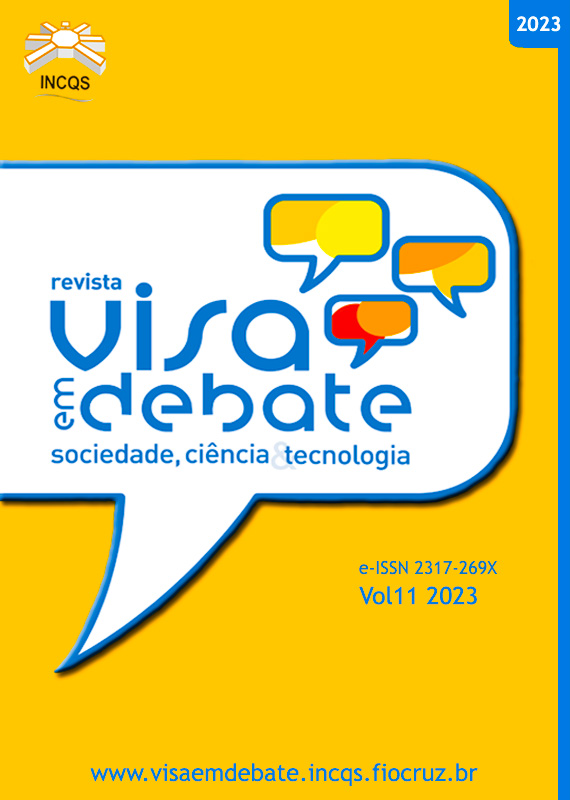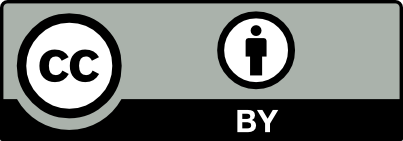Process integration of quality management systems, occupational health and safety, environment in pharmaceutical laboratories
Vigil Sanit Debate, Rio de Janeiro, 2023, v.11: e02182 | Published on: 21/12/2023
DOI:
https://doi.org/10.22239/2317-269x.02182Keywords:
Integrated Management System, Pharmaceutical Industry, Pharmaceutical QualityAbstract
Introduction: Due to health regulations, the quality management system in pharmaceutical companies is compulsory and regularly evaluated by health bodies in relation to GMP supervision. However, health regulation does not extend to concerns about occupational health and safety and the environment. It is important to mature the management systems for these issues. Objective: To study the integration potential of occupational health and safety systems, environment and quality of pharmaceutical laboratories, considering the assumptions, regulatory requirements and particularities of the segment. Method: Exploratory and descriptive study carried out through documentary and field research. Matrixes of requirements of the thematic standards were built and mapped, and actions for integration were proposed. After that, they were submitted to the evaluation by specialists. Results: Comparing the RDC 301/2019 and 652/2022 with the ICH Q10, ISO 9001, 45001 and 14001, it was found that for 71% of the themes and normative requirements, there is synergy and total convergence between the requirements. For the other items, it is necessary to adapt processes and conducts. The propositions listed by the authors to address the gaps were positively validated in relation to achieving implementation feasibility in about 90%. In relation to the positive benefit, the evaluation was unanimous in 100%, and for the implementation of the resources listed, in 66% of the points there is a need for great institutional effort. Conclusions: The integration of a management system that incorporates the themes quality, health and safety and the environment is possible and beneficial for the pharmaceutical industry and supports the definition of strategies, prioritization of actions and allocation of resources.
Downloads
Downloads
Published
Issue
Section
License
Copyright (c) 2023 Caroline Mendonça Horato, Jorge Carlos Santos da Costa (Autor)

This work is licensed under a Creative Commons Attribution 4.0 International License.
COPYRIGHT ALLOWANCE The author (s) hereinafter designated as the ASSIGNOR hereby assign and transfer, free of charge, the ownership of the copyrights related to this ARTICLE to the Vigilância Sanitária em Debate: Sociedade, Ciência & Tecnologia (Health Surveillance under Debate: Society, Science & Technology) – Visa em Debate, represented by FUNDAÇÃO OSWALDO CRUZ, established at Av. Brasil, nº 4365, Manguinhos, Rio de Janeiro, RJ, Brazil, CEP 21045-900, under the conditions set out below: (a) The terms and conditions set forth in this Agreement shall apply to the following: 1. The ASSIGNOR declares that they s(he) is (are) the author (s) and owner (s) of the copyrighted property of the ARTICLE submitted. 2. The ASSIGNOR declares that the ARTICLE does not infringe the copyrights and / or other property rights of third parties, that the disclosure of images (if any) has been authorized and that they s(he) assume(s) full moral and / or property liability for its content, before third parties. 3. THE ASSIGNOR assigns and transfers all copyrights relating to the ARTICLE to the ASSIGNEE, especially the rights of editing, publication, translation into another language and reproduction by any process or technique. The ASSIGNEE becomes the exclusive owner of the rights related to the ARTICLE, and any reproduction, totally or partially, is prohibited in any other means of publicity, printed or electronic, without prior written authorization from the ASSIGNEE. 4. The assignment is free and, therefore, there will be no remuneration for the use of the ARTICLE by the ASSIGNEE.







